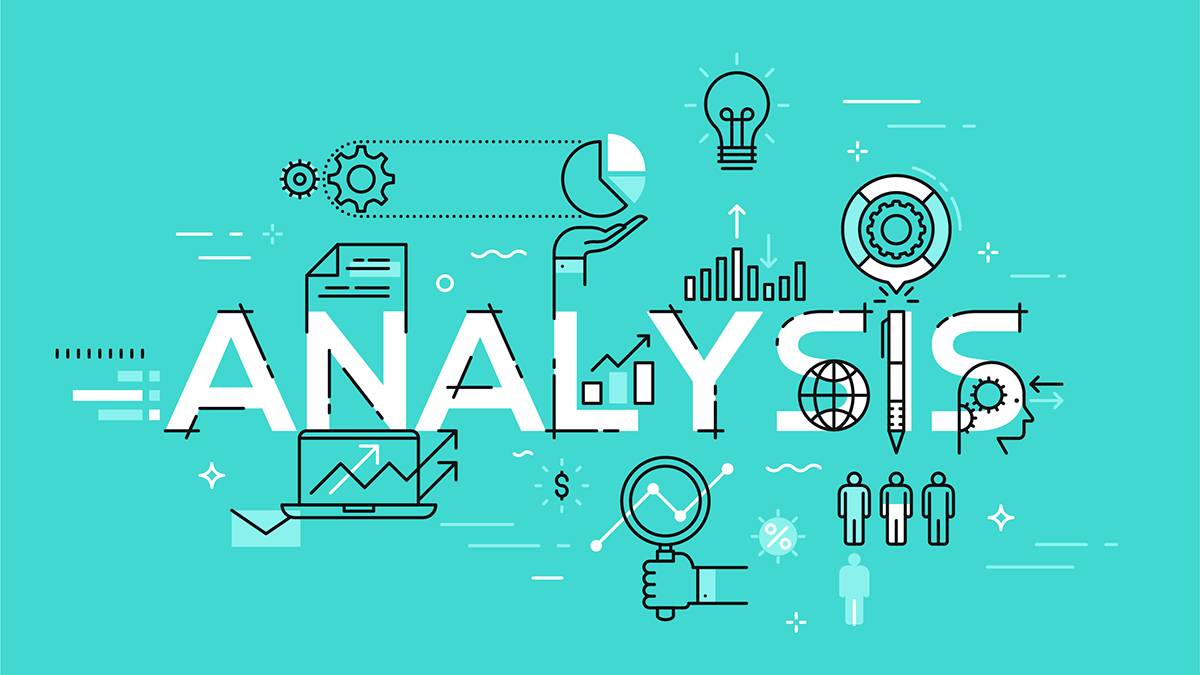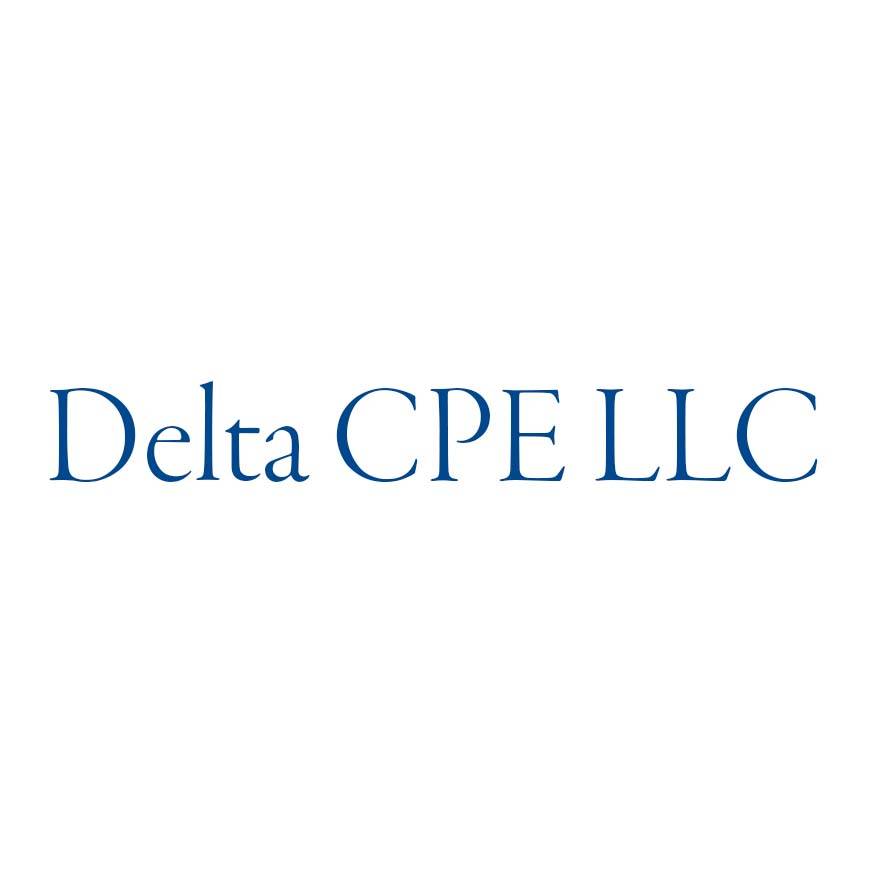Self-Study
Techniques of Financial Analysis, Modeling and Forecasting
Practical forecasting techniques, financial analysis methods, and profitability strategies for using spreadsheet tools to make data-driven business decisions and improve financial planning accuracy.

$351.00 – $391.00
Webcasts are available for viewing Monday – Saturday, 8am – 8pm ET.
Without FlexCast, you must start with enough time to finish. (1 Hr/Credit)
Please fill out the form below and we will reach out as soon as possible.
CPE Credits
13 Credits: Finance
Course Level
Intermediate
Format
Self-Study
Course Description
Techniques of Financial Analysis, Modeling and Forecasting is a valuable resource for professionals seeking to master sales and financial forecasting in the business world. This financial planning course features an array of techniques and models for comprehensive business analysis, including a detailed look at various forecasting and budgeting methods. Participants in this financial analysis course will benefit from a deep dive into subjects like break-even analysis, present value calculations, investment payback periods, internal rate of return, and understanding different financial ratios. The course offers practical insights into improving profitability through effective cash management and working capital adjustments. By providing adaptable models and techniques suitable for any computer spreadsheet program, this financial planning and analysis course is particularly beneficial for accountants, treasurers, and CFOs who need to analyze a business or its segments for financial stability and growth. It equips participants with the tools to enhance their forecasting accuracy and make strategic decisions based on thorough financial analysis.
Learning Objectives
After completing this course, you should be able to:
Chapter 1
- Recognize how costs and revenues affect Cost-Volume-Profit (CVP) analysis;
- Compute break-even levels for various scenarios; and
- Recognize the margin of safety and cash break-even point.
Chapter 2
- Recognize the time value of money and how it affects financial decisions; and
- Calculate the present value of future payments.
Chapter 3
- Recognize the purpose and use of the capital budget;
- Calculate investment payback periods;
- Recognize the use for the internal rate of return (IRR) calculations; and
- Identify the best methods for making long-range investment decisions.
Chapter 4
- Recognize a comprehensive set of financial ratios and interpret them; and
- Recognize the operating cycle of a business.
Chapter 5
- Recognize different characteristics relating to a firm’s quality of earnings;
- Identify the relationships between auditing and internal controls;
- Recognize why standard costing is important it is for managerial control;
- Distinguish among three types of responsibility centers and how they are evaluated;
- Calculate different types of variances for manufacturing costs;
- Recognize the managerial significance of these variances; and
- Identify the need for a flexible budget.
Chapter 6
- Recognize how to calculate different variances for the price, volume, and sales mix.
Chapter 7
- Compute return on investment (ROI) by means of the Du Pont formula and show how changes in sales, expenses, and assets affect the investment center’s performance;
- Calculate the residual income (RI) and profit margin based on ROI; and
- Identify how ROI and RI measures affect the division’s investment decision.
Chapter 8
- Recognize aspects affecting cash management and working capital;
- Recognize ways to improve profitability by changes to accounts receivable; and
- Identify how changes in inventory carrying costs affect the organization.
Chapter 9
- Recognize accounting aspects and terms for an investment portfolio;
- Identify ways to compare risk versus return;
- Recognize tools for fundamental and technical analysis; and
- Recognize the benefits of portfolio theory with regard to investment decisions.
Chapter 10
- Compute the cost of capital; and
- Distinguish between short-term, intermediate-term, and long-term financing sources.
Chapter 11
- Identify different types of mergers; and
- Recognize ways to acquire another business.
Chapter 12
- Recognize the objectives of forecasts;
- Identify different types of qualitative and quantitative forecasting methods; and
- Recognize quantitative forecasting models and techniques.
Chapter 13
- Recognize assumptions of forecasting with the percent‑of‑sales method;
- Identify major steps in budgeting and financial planning;
- Identify the requirements of zero-base budgeting; and
- Recognize the value of the Lagged Regression Approach and Markov model in evaluating collection and bad debt.
Chapter 14
- Identify reasons for corporate modeling;
- Recognize components of an integrated planning model; and
- Recognize the application and uses of financial models.
Chapter 15
- Recognize techniques for optimization including linear programming;
- Differentiate between methods of optimization;
- Recognize the disadvantages of optimization models;
- Recognize uses and variables for the bankruptcy prediction model; and
- Identify the purpose of executive management games.
Course Specifics
323328058
April 24, 2023
There are no prerequisites.
None
328
Compliance Information
CMA Notice: Western CPE makes every attempt to maintain our CMA CPE library, to ensure a course meets your continuing education requirements please visit Insitute of Management Accountants (IMA)
CFP Notice: Not all courses that qualify for CFP® credit are registered by Western CPE. If a course does not have a CFP registration number in the compliance section, the continuing education will need to be individually reported with the CFP Board. For more information on the reporting process, required documentation, processing fee, etc., contact the CFP Board. CFP Professionals must take each course in it’s entirety, the CFP Board DOES NOT accept partial credits for courses.
Meet The Experts

For many years, Delta CPE LLC has offered a wide variety of continuing education courses for financial professionals. Topics covered by Delta’s courses include accounting, financial management, budgeting, investments, financial statement reporting, business management, IFRS, ethics, valuations, real estate, and business writing. The diversity and breadth of Delta’s course offerings make the company a prolific and unique contributor to the CPE world. Delta’s well-credentialed authors and contributors have also been published in numerous academic and professional journals and quoted by some of the leading financial media outlets.
Related Courses
-
 Finance
Finance
The CFO Guidebook
Steven M. Bragg, CPA QAS Self-Study
Credits: 22 $440.00
QAS Self-Study
Credits: 22 $440.00$440.00 – $480.00
-
 Finance
Finance
Real Estate Financing and Investment
Delta CPE LLC QAS Self-Study
Credits: 4 $116.00
QAS Self-Study
Credits: 4 $116.00$116.00 – $136.00
-
 Finance
Finance
Personal Financial Planning for Accountants
Delta CPE LLC QAS Self-Study
Credits: 17 $391.00
QAS Self-Study
Credits: 17 $391.00$391.00 – $431.00
